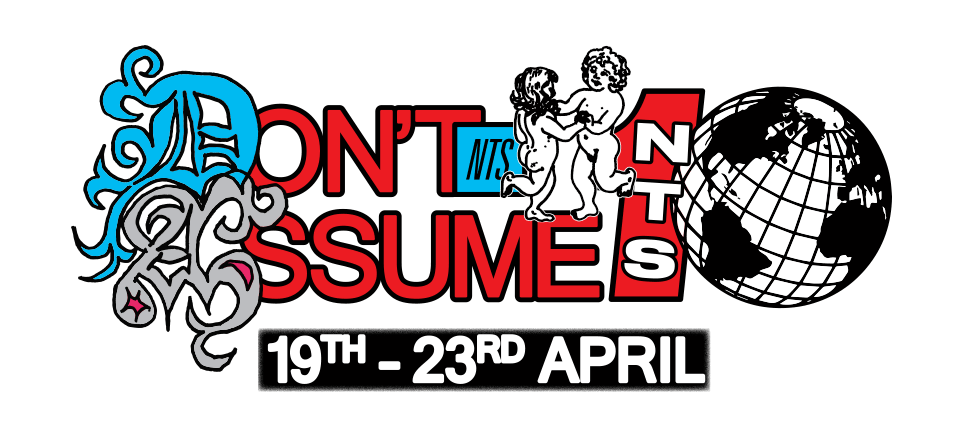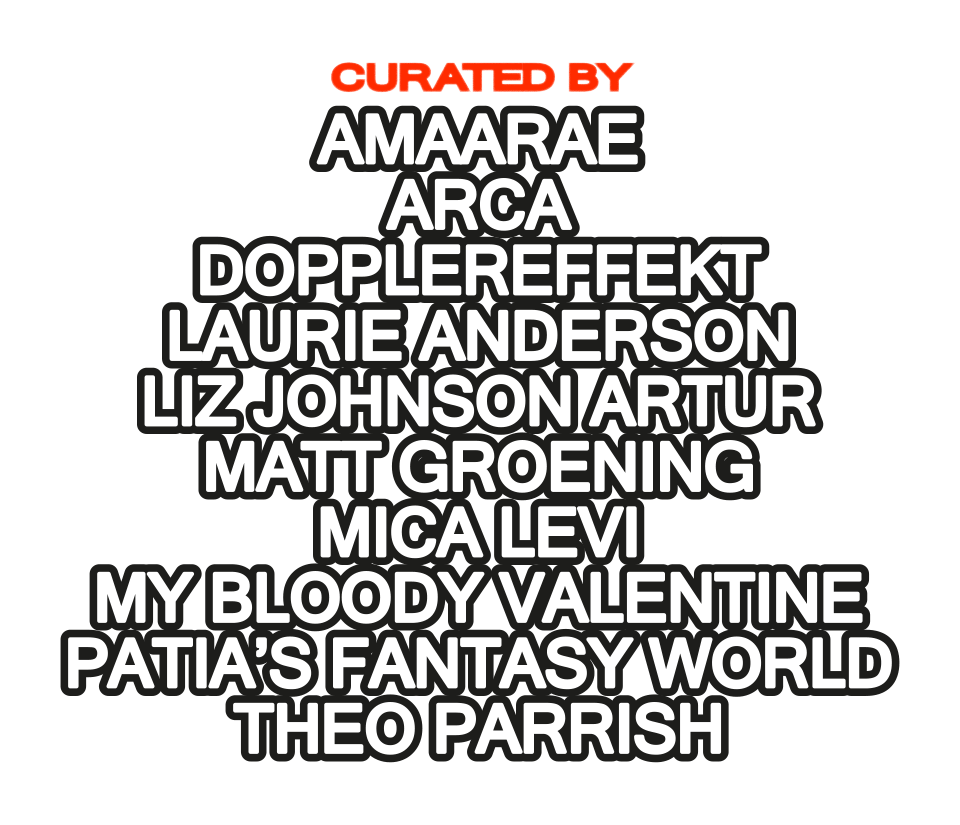NTS 10


Personalised Recommendations
Sign up or log in to MY NTS and get personalised recommendations
Lets go to Bahia w/ Batukizer
Bahia, a state in northeastern Brazil, has a rich musical heritage that reflects the diverse cultural influences of its population. The music of Bahia is known for its vibrant rhythms, expressive melodies, and deep connections to Afro-Brazilian religious and cultural traditions. Important to highlight that Brazilian and Bahia musical styles showcase our diverse cultural tapestry, a blending of African, Original people, and European influences into a unique and vibrant musical landscape. Including history, spirituality, and the celebration of life. Some of the prominent styles associated with Bahia's musical scene:
Samba-Reggae: This genre emerged in Salvador in the 1970s and is a fusion of traditional Afro-Brazilian rhythms, particularly candomblé, with samba and reggae influences. Olodum, one of the most famous music and cultural groups in Bahia, played a crucial role in popularizing samba-reggae both in Brazil and internationally.
Axé Music: Axé is a popular music genre that originated in Salvador, the capital of Bahia, in the late 1980s. It combines elements of Afro-Brazilian music, reggae, and Caribbean rhythms. Axé music is often associated with Carnaval, and its upbeat and energetic tunes are perfect for the lively celebrations.
Samba de Roda: Samba de roda is a traditional Afro-Brazilian music and dance style that originated in the rural areas of Bahia. It involves a circle of people singing, clapping, and dancing to the rhythms of the atabaque drums. The music often tells stories of daily life and cultural traditions.
Afoxé: Afoxé is a style of music associated with the Afro-Brazilian carnival groups known as afoxés. It incorporates African percussion, chants, and dance, and it plays a significant role in the cultural expression of Afro-Brazilian identity.
You Might Also Like
Tracklist
- Intro
Afoxé Beat Introducing save tracks
Click the record icon next to any track to save it. Find all your saved tracks in My NTS.- Bando Universal
O Fim Do Apartheid - Thyna Ramos
Tudo De Mim - Geronomo
Jubiabá - Bando Universal
Gota DAgua - Bando Universal
Loucura De Cheiro - Geronomo
Namoro



